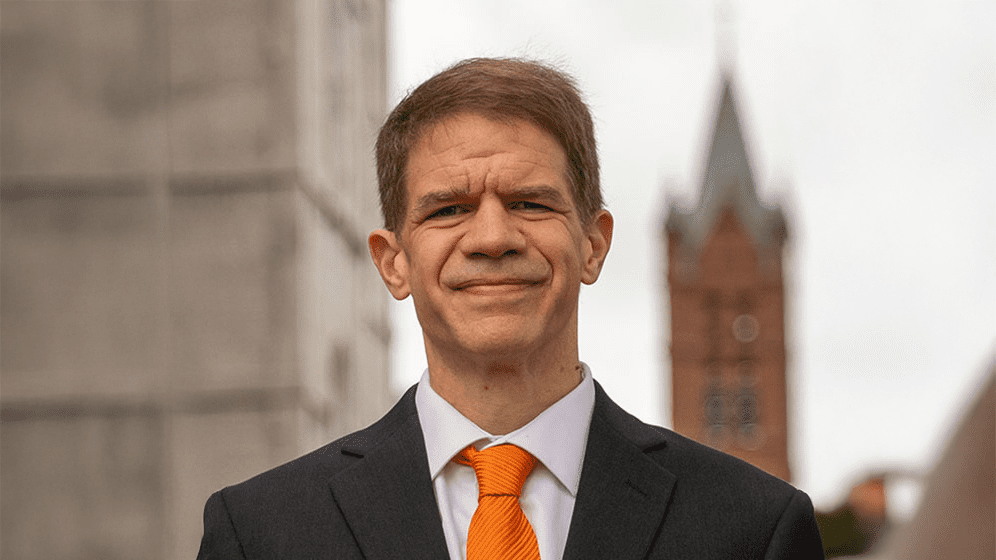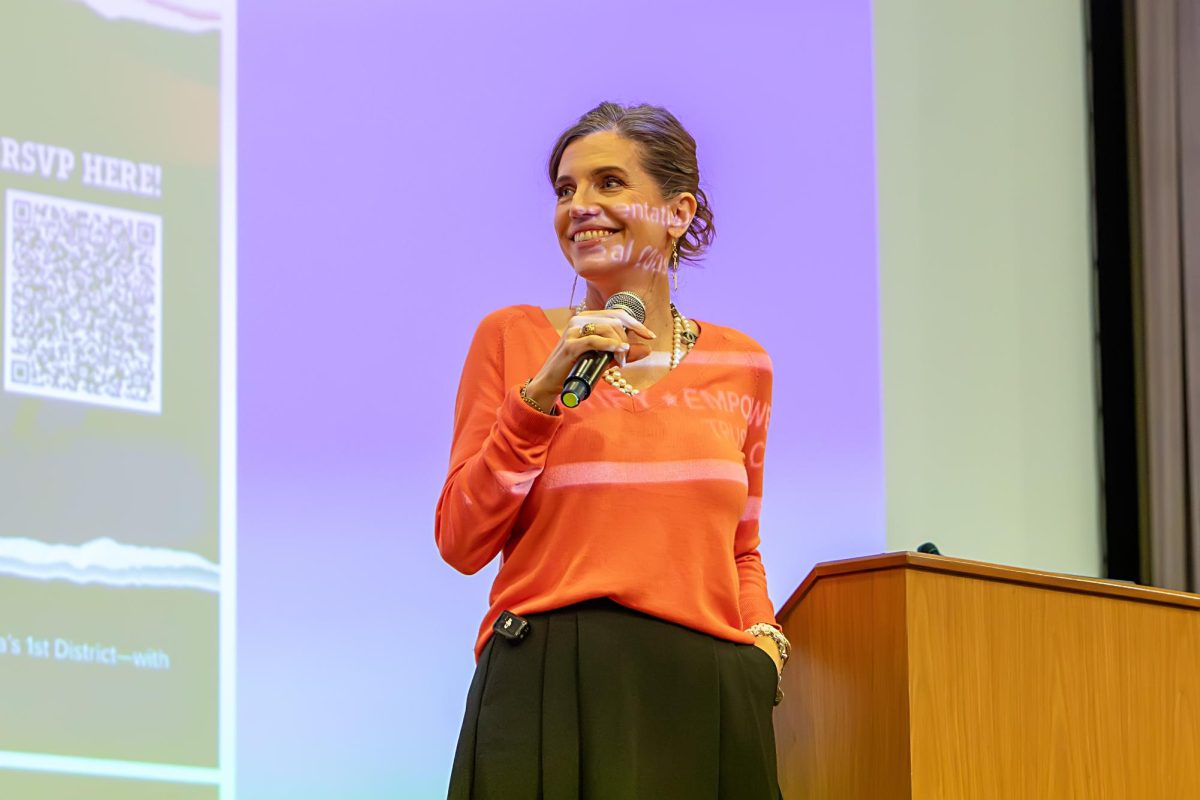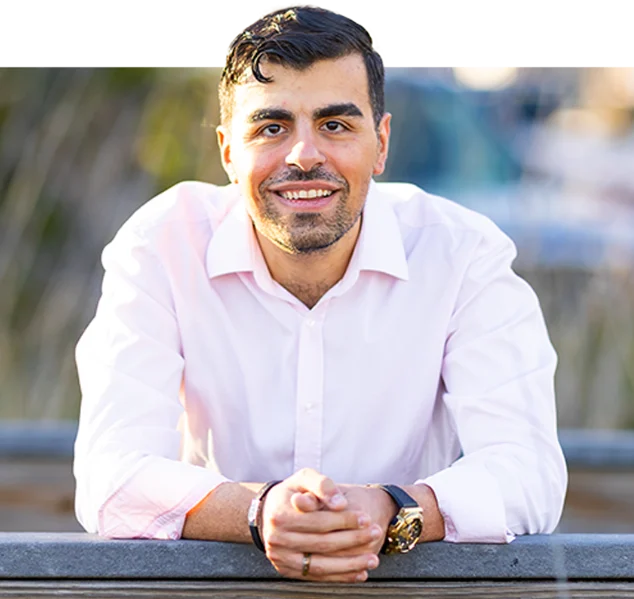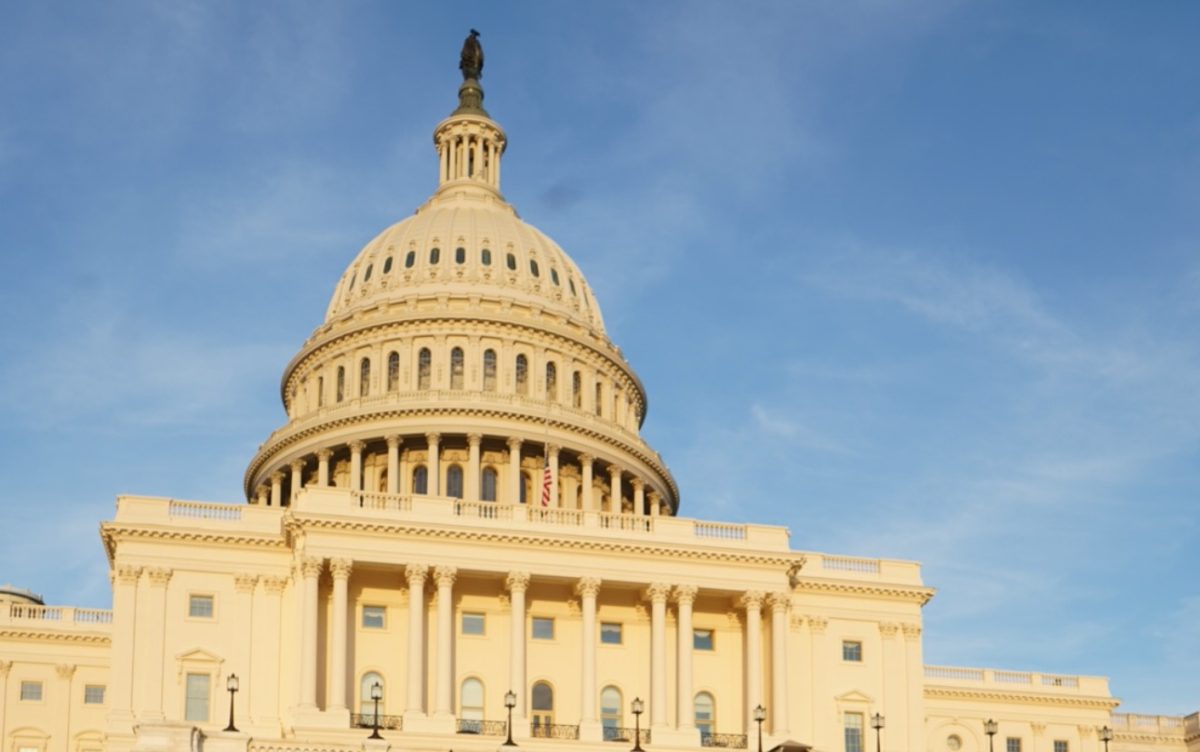Walking into my history class, I beam with the usual excitement brought on by the presence of an empowering professor in a classroom full of students who were as excited to learn about the topic as I am. “Aubri, you’re glowing!” a classmate of mine jokingly calls, “What’s with you? You must be pregnant!” She laughs and it takes every ounce of strength in my body to not cringe and to laugh along like nothing is wrong. For a moment, I thought about telling her everything. Instantaneously, I brace myself to let loose the secret I’ve been carrying with me. I take a deep breath, but nothing comes out.
Little did I know that while this wasn’t the first time I felt silenced, it would not be the last. It’s the elephant I drag into every room. I longed for the tremendous wave of relief that flooded my body after I unloaded the weight of my secret onto a friend. She possessed the aura of someone whose genuine concern and support was unwavering. She sat and listened; listened to all of the things I had been dying to say. I could feel her empathy circling around me as if it were a shield of protection as I finally spoke freely about my secret. To lash out my frustrations using the many words I had built up inside me was liberating. But to be heard, that was the real kicker.
Back to June, when it had only been six months, and I still wasn’t okay. I was finally getting around to reading for a class I took an incomplete in the semester before. The book was dedicated to a doctor in London who illegally referred Gloria Steinem, lifelong social justice activist and feminist, for an abortion in 1957. He asked of her only two things: to not share his name with anyone and to do what she wanted with her life. At twenty-two, she was only one year older than I at the time.
It’s been 43 years since the landmark decision of Roe v. Wade, and women have overcome substantial institutional obstacles in several aspects of their lives. Women having control over their own bodies is not as novel as an idea as it once was, which would lead one to believe that it should be easier to talk about now more than ever. Yet, I find myself being silenced to safeguard other people’s comfort when I seek to reclaim my lost power by talking about my experience. In theory, I should feel much freer to talk about my decision to have an abortion, and the rape that led to me making one of the most difficult decisions of my life. But, for some reason, I don’t. There’s a silencing that is perpetuated when it comes to women and the decisions they wish to make for their own bodies.
Yet, I resonate deeply with the feeling Steinem expresses in her dedication to Dr. Sharpe. Albeit, she was navigating her access to abortion under a different time with different social rules, but all the same I connected to the fear, uncertainty and the hope that Steinem voices. But, there was a cost to keeping these secrets. My body paid the ultimate price. The nonstop vomiting that Redfern misdiagnosed as gastroenteritis dropped my weight below 90 pounds and my body felt beyond the point of exhaustion. I had never felt so disconnected from school either, for my body was so drained that I could hardly drag myself across campus for class. Everywhere I went, it felt like the world was begging me to talk about what happened, but when I tried, it was upon deaf ears.
Maybe I feel so connected to Steinem because I feel alone in my corner, reliant on the support of others, and she paints an image of herself as an independent woman; an image that I longed to embody. We may be free to talk about reproductive health issues, but everywhere I turn, I instead feel shut down, guilty and ashamed. It’s in the subtleties of the language people use as well as their bodily gestures. It’s in the empty victim blaming loop of “I’m so sorry for what happened to you, but … aren’t you gay,” or “don’t you know you had other options,” or “how’d you let that happen to you in the first place?” They feel uncomfortable; I hear invalidation.
As I’m peeling through the layers of trauma my body, mind and soul endured just six months ago, I pick up my phone to check the time and instead notice the date. It’s June 15th and I realize I would’ve been due in exactly one month. I read further, “Dear Dr. Sharpe, I believe you, who knew the law was unjust, would not mind if I say this so long after your death: I’ve done the best I could with my life.” For the first time, I feel neither silenced nor guilty. For the first time, I know that my abortion is not a reflection of me. For the first time, I reclaim my lost power. Her words revive the defeated vessel that is my sense of self. A jolt of nervous energy shoots through my entirety: I am inspired and will not take no for an answer. Tears rolling down my face, I refuse to be silenced about my abortion and I make no apologies for doing the best I can with my life, too.
Categories:
‘I am a survivor’: Clemson student shares her sexual assault survival story
Aubrianna Gonzales, Special Contributor
April 24, 2017
0
Donate to The Tiger
Your donation will support the student journalists of Clemson University. Your contribution will allow us to purchase equipment and cover our annual website hosting costs.
More to Discover








